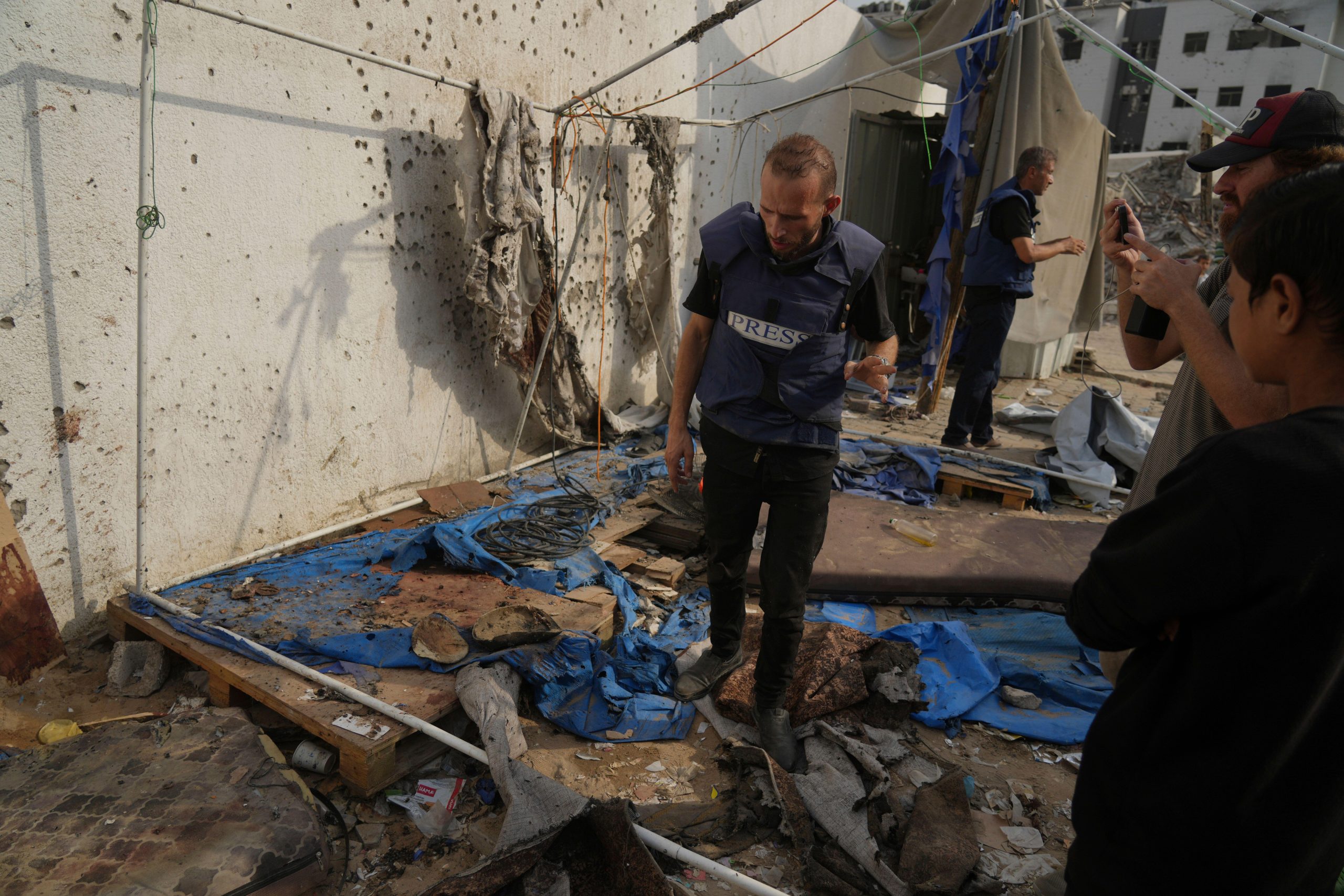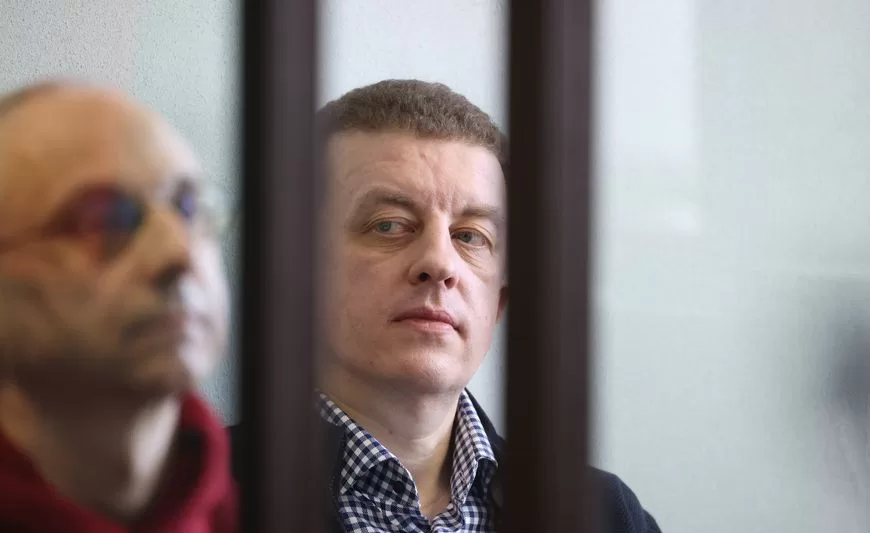Since 7 October, 2023, Israel’s military campaign across the Gaza Strip has claimed the lives of more than 260 Palestinian journalists and media workers: men and women, who carried nothing but their cameras, microphones, and notebooks. They were not on the battlefield, they were the battlefield. Targeted, hunted, threatened and killed alongside their families in what can only be described as a deliberate campaign to silence the truth.
Anas al-Sharif and Mohamed Qreqeh, along with five more colleagues from Al Jazeera were the new victims of truth. They did not die because they were caught in “crossfire” or in a tragic accident. Anas al-Sharif and his colleagues were killed because he refused to be silenced. Because they exposed the atrocities and crimes of the Israeli military against innocent civilians in Gaza. They reported on the massacres, on the weaponisation of starvation and thirst, and on the relentless bombardment of residential neighborhoods.
Anas paid his life as a price for his truth-telling, and so did many other colleagues. They all met the same fate.
Before them, their parents and families were also killed. These were not isolated incidents. They are part of a systematic pattern.
This is how Israel’s war on Palestinian journalism works: first, it eliminates the voice; then it erases the family; and finally it seeks to bury the story.
I know this because I am living it. I am a journalist who has reported for years from Gaza City, and my own family there has been threatened. My home has been surrounded by fear like many more, reminding us that our reporting comes at a cost. These are not random acts of intimidation. They are part of the same machinery that murdered Anas and Mohamed, a machinery designed to frighten Palestinian journalists into silence.
It doesn’t stop at bullets and bombs. Israel wages an incitement campaign against Palestinian journalists, smearing them with baseless accusations and without presenting a shred of credible evidence.
The aim is clear: to strip us of legitimacy in the eyes of the world so that when we are killed, our deaths can be rationalised, excused, and forgotten.
These accusations are amplified when parts of the Western media adopt Israel’s unverified narrative – sometimes word for word – while those same foreign correspondents are themselves barred from entering Gaza.
Yes, Israel has kept international journalists out of Gaza since the start of this war. It is not only silencing Palestinian voices, it is preventing the world from seeing the truth through the eyes of all journalists.
This unprecedented media blockade means the only witnesses left inside Gaza are Palestinian journalists, who are being systematically hunted.
By killing them, Israel is not just destroying the local press, it is choking off the world’s last source of first-hand account from the Strip.
Some will call this a tragedy for Gaza. But it is more than that. It is a tragedy for journalism everywhere.
Each time a Palestinian journalist is killed for doing their job, a bullet tears through the very heart of global press freedom.
When one government can murder reporters with impunity, threaten their families, smear their reputations, and block the international media from entering, it sends a message to every repressive regime on the planet: You too can kill the story by killing the storyteller.
What happens in Gaza does not stay in Gaza. If Israel’s campaign to silence journalists succeeds here, it will embolden governments worldwide to use the same tactics: violence, intimidation, and narrative control to shield themselves from accountability.
The chilling effect will ripple far beyond the Gaza Strip and Occupied Palestinian Territories.
Journalists covering corruption, human rights abuses, atrocities and war crimes, will all feel the shadow of what is happening in Gaza.
Freedom of the press is not a slogan. It is the breath of democracy, the safeguard against tyranny, the public’s last line of defence against lies, manipulation and corruption.
In Gaza, that breath is being suffocated. And if the world does not act; if governments, media organisations, and press freedom advocates do not unite to hold Israel accountable, then the suffocation will spread.
Anas is gone. Mohamed is gone. Too many of my colleagues are gone. I do not know how much longer those of us still reporting from Gaza can keep going under this level of threat. But I do know this: as long as we have breath, we will speak. We will write. We will record. Because the truth is worth more than our fear, and the story of Gaza must not be buried with its journalists.
Silencing Palestinian journalists is not just an assault on Gaza’s truth. It is an assault on the world’s right to know. And the day we allow that assault to succeed is the day press freedom dies everywhere.
[Editor’s note: The IDF claims that al-Sharif had been a member of Hamas since 2013. Al-Sharif and Al Jazeera had previously called these claims “baseless”.]






